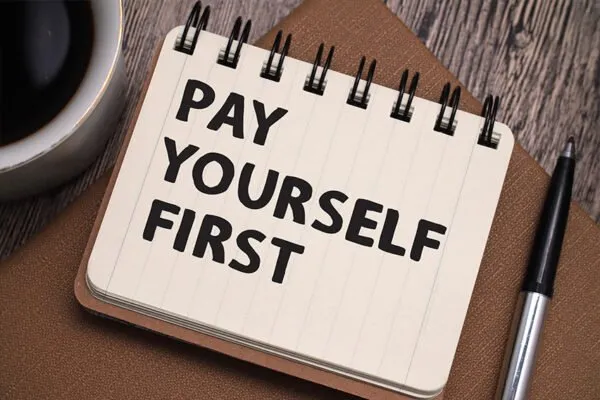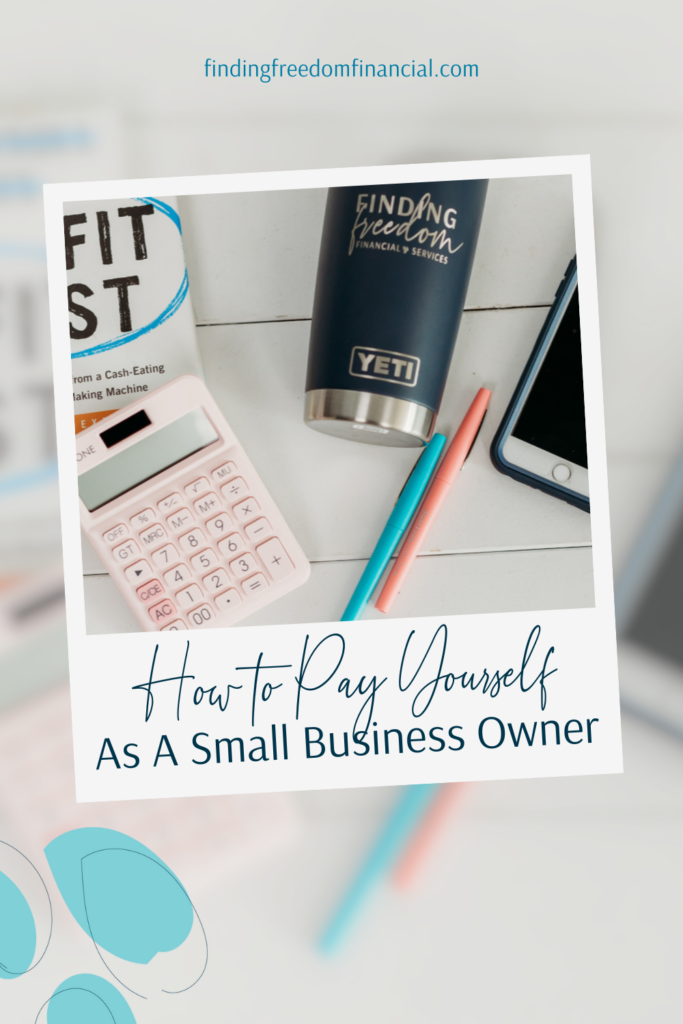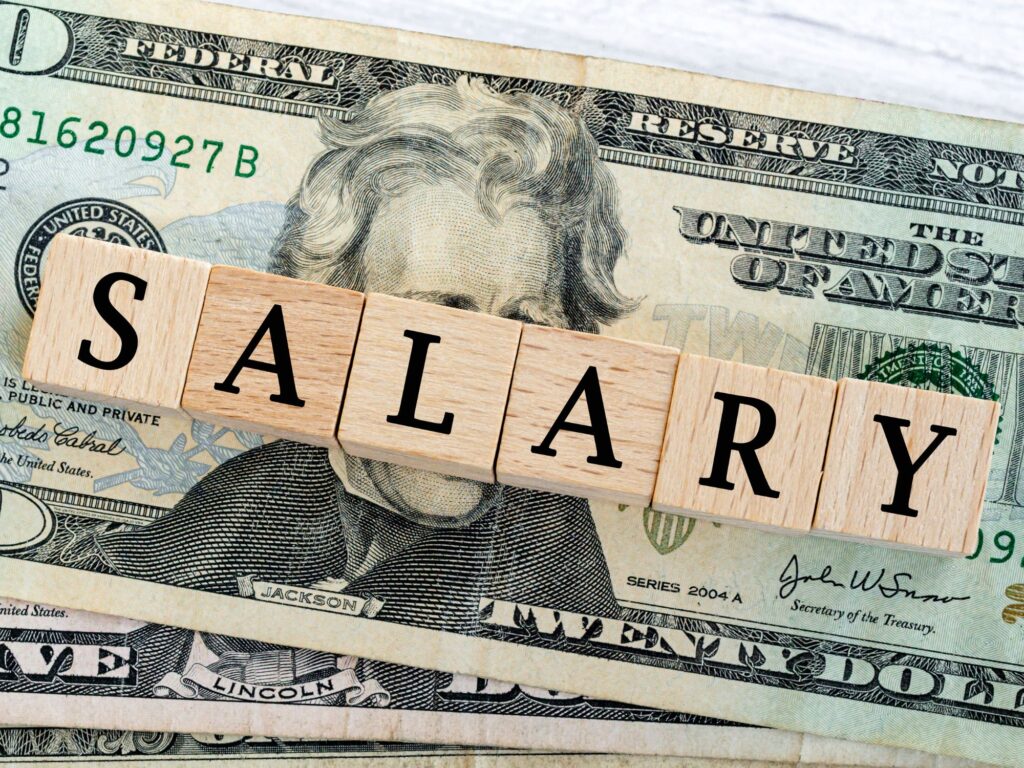How Do You Pay Yourself When You Own A Business

Navigating the world of small business ownership presents a unique set of challenges, and understanding how to compensate yourself is often a primary concern. Many new entrepreneurs find the process confusing, juggling personal financial needs with the business's financial health.
This article aims to demystify the various methods available for business owners to pay themselves, providing a clear overview of the common approaches and their implications.
Understanding Your Options
The method you choose for compensating yourself depends heavily on your business's legal structure. The common structures are: sole proprietorship, partnership, Limited Liability Company (LLC), and S-Corporation or C-Corporation.
Each of these structures offers different options for owner compensation, impacting taxation and liability.
Sole Proprietorship and Partnerships: Owner's Draw
In a sole proprietorship or partnership, the owner(s) typically take an owner's draw. An owner's draw isn't considered a salary, but rather a transfer of funds from the business to the owner's personal account.
This money is not subject to payroll taxes at the time of withdrawal, but it is subject to self-employment taxes (Social Security and Medicare) and income tax at the owner's individual tax rate.
The Internal Revenue Service (IRS) treats the business profit as the owner's income, even if it is not all withdrawn. Owners must pay estimated taxes quarterly to avoid penalties.
LLCs: Flexibility in Compensation
LLCs offer more flexibility, as they can elect to be taxed as a sole proprietorship (for single-member LLCs), a partnership (for multi-member LLCs), or a corporation (either S-Corp or C-Corp). This election impacts how the owner is paid.
If taxed as a sole proprietorship or partnership, the owner takes an owner's draw, as described above.
If taxed as an S-Corp, the owner is considered an employee and must receive a reasonable salary subject to payroll taxes. In addition to salary, an S-Corp owner can take distributions, which are not subject to self-employment taxes.
Taxation as a C-Corp involves paying corporate income tax and then individual income tax on any dividends received, leading to double taxation. Salaries paid to owners are deductible business expenses.
S-Corporations: Salary and Distributions
S-Corporations require owners who actively work in the business to receive a "reasonable salary." This salary must be comparable to what someone else would be paid for the same work in a similar company.
Paying a reasonable salary ensures that the owner pays payroll taxes (Social Security and Medicare) on the earned income. After paying the reasonable salary, owners can take additional profits as distributions.
Distributions are not subject to self-employment taxes, offering a potential tax advantage. However, the IRS scrutinizes S-Corp owners who take excessively low salaries and large distributions, as this can be seen as an attempt to avoid taxes.
C-Corporations: Traditional Employment
In a C-Corporation, owners are typically considered employees and are paid a salary. This salary is subject to standard payroll taxes.
Additionally, owners may receive dividends from company profits, which are taxed as investment income. As previously mentioned, this structure is subject to double taxation.
Determining a Reasonable Salary
One of the most critical aspects of paying yourself, especially as an S-Corp owner, is determining a reasonable salary. The IRS provides guidance, stating that the salary should reflect the owner's skills, experience, responsibilities, and the prevailing wages for similar positions in the industry and geographic location.
Several online resources, such as the Bureau of Labor Statistics (BLS), can help you research salary data for similar roles.
Consulting with a qualified accountant or tax advisor is highly recommended to ensure you are meeting IRS requirements.
Factors to Consider
Beyond the legal structure, several factors should influence your compensation strategy. This include your business's profitability and cash flow. You should not pay yourself more than your business can afford.
Your personal financial needs are also important. Determine how much you need to cover your living expenses and other financial obligations. Also, consider the tax implications of each payment method.
Conclusion
Understanding the different ways to pay yourself as a business owner is essential for both your personal financial well-being and the long-term health of your business. By considering your business structure, financial situation, and consulting with professionals, you can create a compensation strategy that works for you and your business.
Proper planning and adherence to tax regulations are crucial for avoiding potential penalties and ensuring financial stability.


















